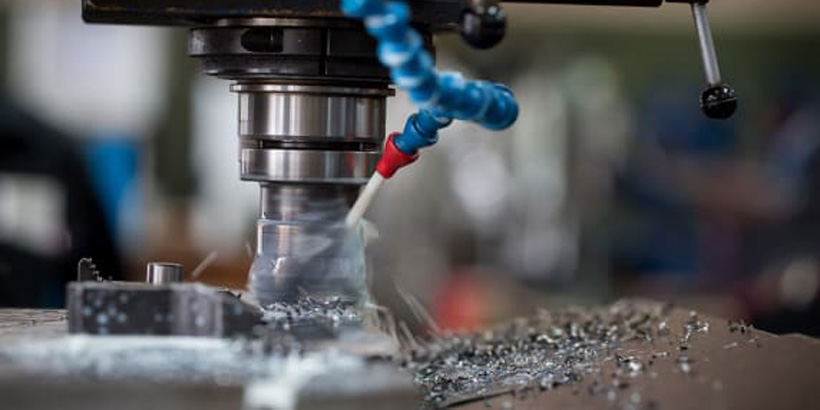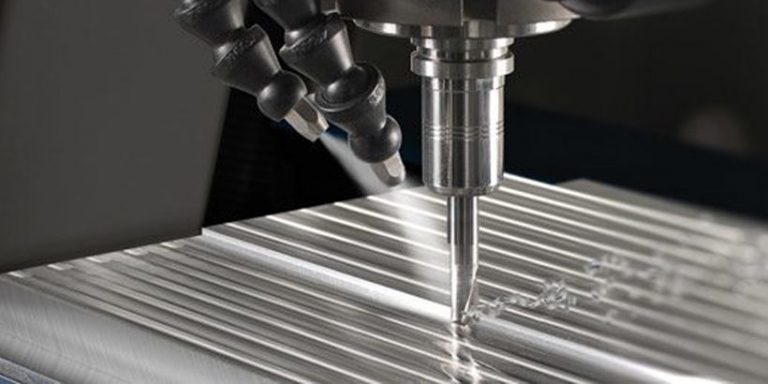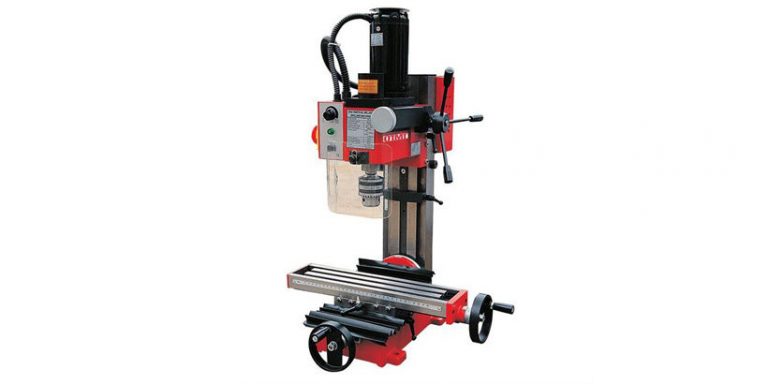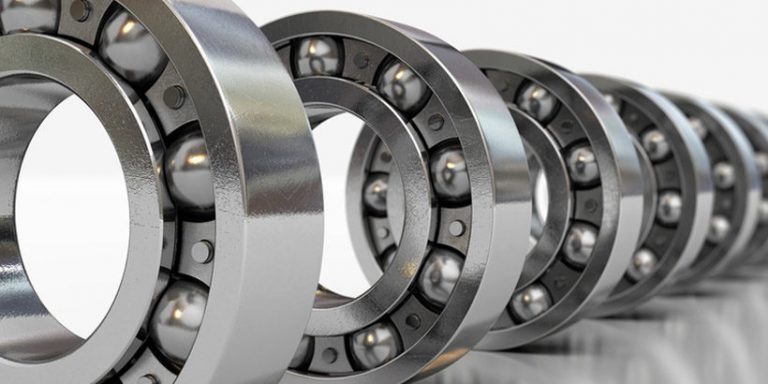Guide to Cutting Fluid for CNC Machining
Cutting fluid for CNC machines often used in aluminium processing, to minimize cutting temperature and make sure smooth procedure. What is cutting fluid as well as what types of metal cutting fluid utilized in CNC machining? Here we’ll present its meaning, function, purpose as well as how to choose the most effective cutting fluid.
Table of Contents
What is Cutting Fluid and What is Cutting fluid Constructed From?
Cutting fluid, also known as coolant, cutting oil, cutting compound, or lubricant is a type of industrial liquid utilized in the process of metal cutting like CNC machining to cool down as well as oil cutting devices and also work items. Cutting fluid is made up of a selection of super functional auxiliaries via scientific compound synchronisation, frequently made from petroleum distillates, pet fats, plant oils, water and air, or other raw ingredients.
Without the imperfections of typical soap-based emulsion, such as simple to stink in the summertime, hard to water down in winter months as well as poor corrosion evidence result, reducing fluid has much better cooling features than saponified oil, suitable for grinding and cutting of ferrous steels, safe, unappetizing, non-corrosive to the human body, non-corrosive to equipment, no contamination to the atmosphere, as well as no negative effect on lathe paint.
Kinds of Cutting Fluid
Water-soluble cutting fluid
Its major element is water. Its cooling performance is excellent because the thermal conductivity of water is 3 times that of oil. Adding a specific amount of anti-rust agent can also lubricate and also resist rust.
Emulsions
- Ordinary emulsion: composed of an anti-rust agent, emulsifier and mineral oil. It has great cooling, cleaning as well as lubrication efficiency, along with rust prevention.
- Antirust emulsion: add a huge amount of anti-rust agent in the regular solution, utilized for rigorous anti-rust procedure as well as damp environment locations.
- Extreme pressure emulsion: include sulfur, phosphorus, chlorine severe pressure additives, can develop adsorption movie under high temperature as well as pressure throughout cutting, for lubrication.
Trimming oil
- Mineral oil: mechanical oil, diesel oil, kerosene, etc., suitable for basic lubrication.
- Animal, Plant and compound oils: soybean oil, rapeseed oil, cottonseed oil, castor oil, lard, and so on.
- Extreme pressure cutting oil: it is based upon mineral oil, including oil, severe stress ingredients as well as rust inhibitors.
Various other metal cutting fluids including pastes, gels, aerosols (mists), as well as air or other gases.
What is Cutting Fluid Utilized for in CNC Machining?

- Cooling: reduced the cutting temperature, boost the tool sturdiness and also reduce the thermal contortion of the work surface, ensure the high quality of CNC machined components and process.
- Lubrication: lower the rubbing between the chip as well as the tool front, back, workpiece, lower the reducing force, warm and stop the generation of chip lumps and scale thorns.
- Cleaning: wash the chip powder stuck to the device, cutter as well as workpiece tool.
- Anti-rust: protect against the CNC machine, work surface and reducing tool from being worn away by bordering dampness, air, sweat.
Just How to Choose Right Cutting Fluid?
According to process requirements and also cutting characteristics
- Rough machining: the cutting fluid with great air conditioning effect.
- Finishing: the reducing fluid with good lubrication result.
- When machining holes: solution or severe pressure cutting fluid with large focus.
- Deep opening machining: reducing fluid with low EP additive concentration.
- Grinding: the cutting fluid with great cleaning result.
- When cutting with cemented carbide, ceramics, PCD and also PCBN devices: typically no cutting fluid made use of.
According to the materials of workpiece or components
- Cast iron as well as brass: typically no cutting fluid made use of, When finishing, use kerosene.
- Aluminium cutting fluid: kerosene.
- Non-ferrous metals: sulfur-containing cutting fluid must not be used.
- Magnesium alloy: mineral oil.
- General steel: emulsion.
- Difficult cutting materials: extreme pressure cutting fluid shall be made use of.






